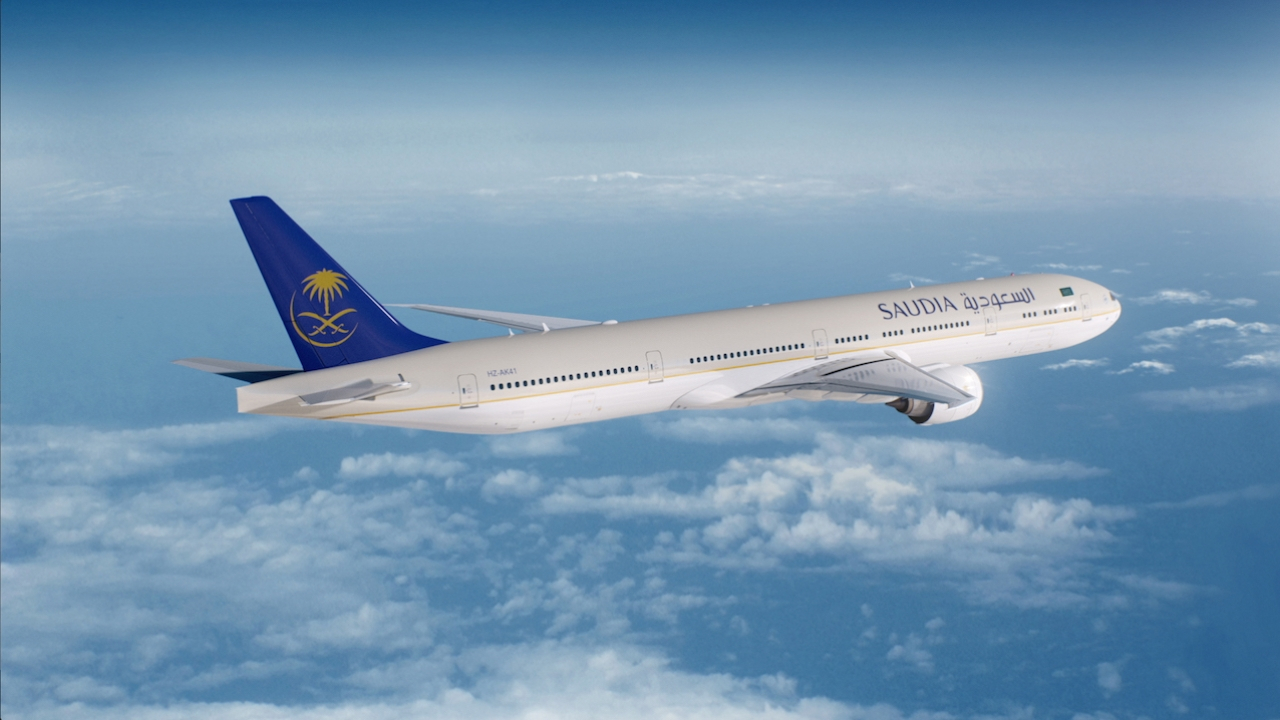Aviation fuel future boosted by latest Abu Dhabi research

The partners announced the completion of a Sustainability Assessment of the Integrated Seawater Agriculture System (ISAS) for production of aviation biofuels and other bioresources.
This study makes a significant contribution to current knowledge on the viability of using salt-tolerant plants irrigated with seawater as a sustainable feedstock for biofuels. The researchers confirmed the potential of ISAS to yield high value fuels and resources, including aviation fuel, biodiesel, electricity, aquaculture products, and others, without competing for freshwater resources and arable land used by conventional agriculture. The study also identified key research needs that can be addressed in order to increase the likelihood of success at large-scale commercial deployment.
The announcement came at the World Future Energy Summit, held at the Abu Dhabi National Exhibition Centre (ADNEC), under the patronage of His Highness Sheikh General Sheikh Mohammed Bin Zayed Al Nayhan, Crown Prince of Abu Dhabi and Deputy Supreme Commander of the UAE Armed Forces.
The flagship program under the SBRC is a five year research and demonstration project designed to drive the commercial viability of halophyte-derived bioenergy, including renewable jet fuels. The program will use integrated seawater agricultural systems to support the development and commercialization of biofuel sources for aviation, and co-products.
Billy Glover, Boeing Commercial Airplanes Vice President of Environment and Aviation Policy, said: “No initiative is doing more to stimulate action to help develop and commercialize sustainable forms of energy for aviation within the Gulf region. Aviation connects the people, goods and services of this region to the world and our project with Masdar Institute, Etihad Airways and Honeywell’s UOP will ensure that linkage continues well into the future.”
The integrated approach uses saltwater to create an aquaculture-based farming system in parallel with the growth of mangrove forests and Salicornia, a plant that thrives in salty water. These biomass sources can be harvested and used to generate energy, produce aviation biofuels and other products. This closed-loop system converts aquaculture effluent into an affordable, nutrient-rich fertilizer for both plant species. Developing low-cost, non-petroleum fertilizers is a key to achieving reductions in carbon emissions from any biofuel source.
Stay up to date
Subscribe to the free Times Aerospace newsletter and receive the latest content every week. We'll never share your email address.

